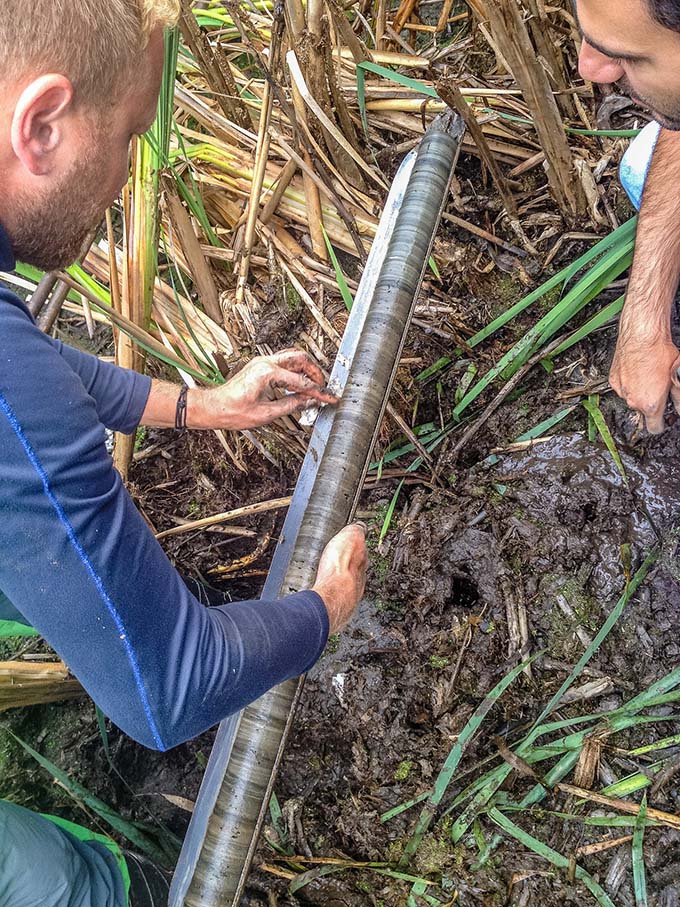Earth Systems Processes
Ourworld-leadingresearch on earth systems processes is highly multi- and inter-disciplinary with major contributions to understanding the interactions between physical, chemical and biological systems, including our flagship Newcastle’s Simulation of Open Engineered Biological Systems (NUFeb) which develops multi-scale models for scalable simulation of open biological systems. Key areas of excellence include:
Available Earth Systems & Processes studentships can be found here

Geohazards
Our geohazards research is world-leading and centred on the detection, prediction and impacts of landslides. Multisource remote analysis is integrated from all spatial and temporal scales (spaceborne, aerial, UAV, terrestrial laser scanning and Ground-Based Synthetic Aperture Radar, novel low-cost, real-time, streaming sensors) and employed in monitoring in natural and anthropogenic settings: e.g. coastal erosion and engineering infrastructure; the Scottish road network; earthquake triggered landslide impacts; and the geomorphological/sedimentary impacts of lahars. Newcastle University are part of the Centre for the Observation and Modelling of Earthquakes, Volcanoes and Tectonics (COMET). Northumbria research reconstructs past seismicity, and increasing resilience to continental earthquakes and their related hazards. We also investigate geomorphological responses to flooding, with real-time low-cost monitoring for risk reduction, e.g. investigating the flood impact of El Niño Costero, and jökulhlaups from the 2010 Eyjafjallajökull eruption. Drought risk research is detailed in Human-environment interactions.
Glacial and cryospheric systems
We work jointly to investigate the response of the cryosphere to recent and future climate change through geophysical investigations, micrometeorological measurements on mountain glaciers; measurement/modelling of snow properties over land, analysis of biogeochemical/microbial activity and polar ecosystem function. Northumbria hosts one of the leading groups worldwide in the numerical modelling of glaciers and ice sheets and their community-based ice-flow model underpins work by a number of research groups both within and outside the UK. At Newcastle the main focus is on glacier mass balance, sea level rise, and modelling the marine cryosphere, notably sea ice-ocean interactions (see Response of the ocean-atmosphere-ice system).
Hydrology and hydrogeology
Our world-class research ranges from measurement and modelling of water in and to freshwater, estuarine and coastal environments, to the quantification of surface water resources, to hydrological extremes, including prediction methods for flood forecasting and future climate change impacts (see Regional weather, extreme events and impacts) and sustained field measurement campaigns. Research at Newcastle has provided improved constraints on global-scale hydrological change by determining secular geocenter motion and low degrees of the surface mass load and used satellite data to undertake waveform altimetry over inland water bodies for ungauged basins. We have unique experience in investigating biosphere-geosphere interactions in the deep subsurface, from petroleum, CCS and geothermal systems with long-term support from industry partners. We have close links with the UK Geoenergy Observatory facility; infrastructure includes a 2km deep geothermal well at Newcastle Helix available to students for training and research. This research links to Pollution and the water-food nexus through applications of developing methods for Zn removal from wastewater and recovery of Cu metal, feeding into policy on the circular economy and beyond








